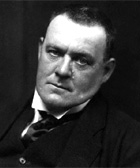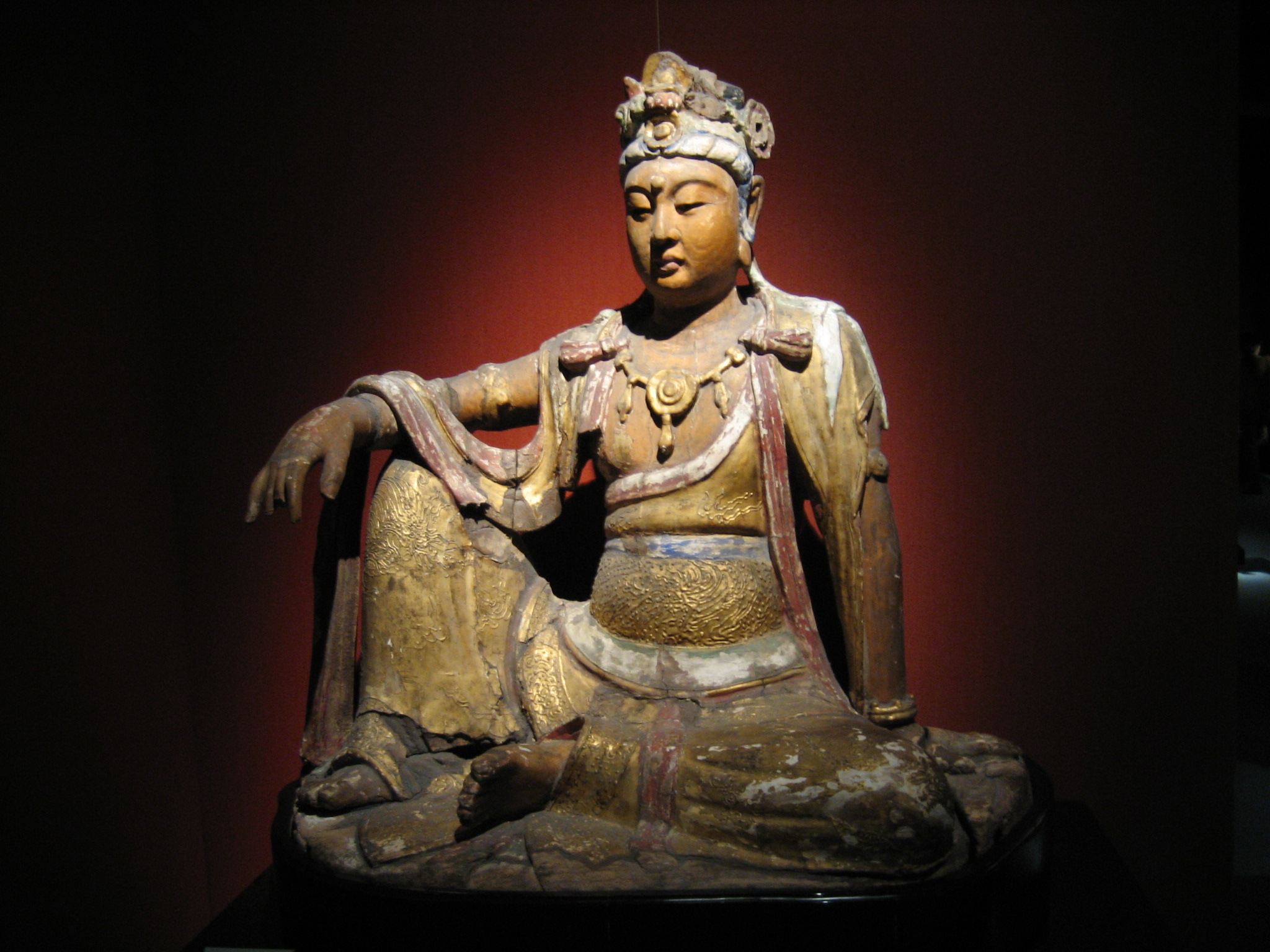The other day, I received an invitation to register for an IELTS course (No doubt my address was found from a simple Internet search, regardless of my wish to become a student or not). Having recently returned from Bangladesh, and just about to go back, I decided to investigate this course.
This is how it was described to me:
IELTS Writing Preparation Course
Certificate Course
No. of Classes/ Sessions: 13
Total Hours: 16
Days: SUN-MON-TUE of every week
Time: 5:00PM - 6:15PM
Registration Fees: Tk. 5000.00/Participant (US$61.00)
Get 5% discount by paying online
Get 5% discount by paying online
This unique course aims at developing English writing skills for the International English Language Testing System (IELTS). The writing section forms an important part of the exam as it judges the candidate's ability to communicate in the written form. It evaluates how well the candidate is able to structure and frame his/her thoughts and how clearly he/she is able to express his/herself. This is especially important for individuals appearing for the Academic module as their ability to write well matters a lot in their professional lives.
Candidates appearing for the Academic module are the ones who are applying for admission for higher education or for professionals who are looking to get further training in English speaking countries.
By the end of this course the participants will learn Planning of Writing, Organization of Thoughts, Quality of Arguments, Sentence Structure, and Time Management.
Now this seems well and good, but my cynicism makes me wonder which IELTS book it is copied from. Because, out of curiosity, I asked for details of the teacher, and received the following reply (Certain details deleted to protect the innocent):
Trainer Details: MBA ...., BBA .... He is working as an outworker in both Academic Institutions and in Local Organizations. Former Lecturer of .... Worked as a HR associate at the HR Department of .... He attained Trainee worked at “Housekeeping, Purchase, and Laundry Departments” at ... Hotel, from March 01, 2010 to May 31, 2010. As an Intern he worked at “Customer Care and Sales Department” at ... from 12th September 2006 to 4th December 2006. He also Participated in 2 (two) weeklong “Live in Field Experience” (LFE) Program, January 2006, conducted on 25 families at Village: ... under total supervision of Bangladesh Academy for Rural Development ....
I wrote back saying that I could not send my students to this course as the Bangladeshi teacher not only had no teaching qualifications, but there is no evidence that he has an English language qualification either. The frequently used phrase, "No experience necessary", seems to be taken too literally in this case.
This course, although well-meaning, is an example of the urgent need for foreign teachers to work in Bangladesh, but it is a very poor country, and other countries, for example, Thailand, China, or Korea, can offer much better financial incentives. Nevertheless, the rewards for teaching in underdeveloped countries from the diligent students and grateful faculty make up for the small financial gain.




















